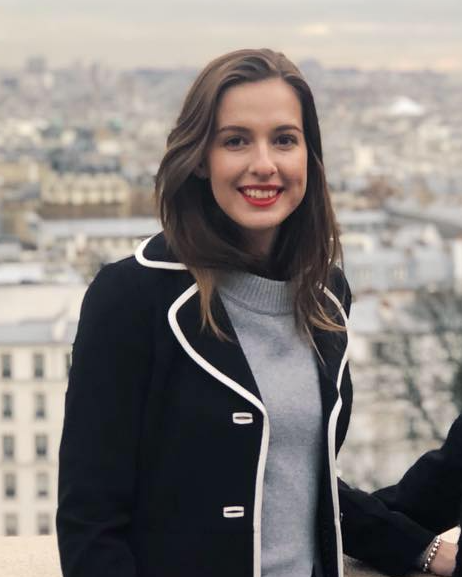Read UQ Ventures Q&A with PhD Candidate Ellie Maas, on how the LeadHers confidence building PhD program inspired her to apply – and get – a seat on UQ’s Academic Board.
 How did LeadHers contribute to your confidence to go for the UQ Academic Board position?
How did LeadHers contribute to your confidence to go for the UQ Academic Board position?
Truthfully, I almost pulled out of the Academic Board Election. There were 27 wonderful candidates, and when I looked through the candidacy statements, I didn’t feel I was competitive enough. That’s why I’m grateful to have been involved in the UQ Ventures LeadHers program. Hearing and sharing stories with women in academia and industry, as well as joining a network of passionate female UQ PhD students created a supportive and empowering environment for me. It’s always good to know you aren’t alone in what can be such an overwhelming and intense time. I’m very glad for LeadHers as their sessions and tools helped me to navigate my self-doubt and push through the election period.
What is your PhD project centered on?
My PhD project focuses on rare forms of inherited melanoma. Little is known about genetic abnormalities in rare genes, and even less is known about the characteristics of skin e.g. number of moles, freckling, and sun damage. My project will characterise the genetics and skin type of high-risk Australian families with mutations in rare melanoma genes.
How did you come to choose dermatology/medicine?
I come from regional Queensland where most weekends are spent at the beach or out in the sun playing sport. While sun safety practices have become more common in recent years, with mandatory hats on school playgrounds and sun safety advertisements in the summer, I don’t believe there is enough awareness around the consequences of failing to protect your skin (WEAR SUNSCREEN EVERYDAY!).
Skin is the largest organ on the human body, so investigating factors that impact our skins’ health and susceptibility to disease has always been something I found to be of great importance. I’ve always had a great interest in medicine - especially dermatology and genetics so undertaking a PhD with the Dermatology Research Centre was something I couldn’t pass up.
What are your thoughts on women in STEMM in Australia?
Over half of the Bachelor of Science and PhD graduates since the mid-1980s have been women. However, there are less than two women in every 10 investigators at senior levels in Australian universities and research institutes.
Women in STEMM Australia break down many reasons why women struggle with promotional opportunities in STEMM, including unconscious bias towards women, and the impact of career interruptions (e.g. pregnancy). I’ve spoken with many women in STEMM, and a common finding is that women lack confidence in themselves, and they also feel guilty and pressured to choose between creating and sustaining a happy family life or furthering a career they worked so hard for.
Joining groups formed to promote and empower women in STEMM such as UQ Ventures Leadhers, or even external groups like Women in Technology is a fantastic way to form supportive networks, initiate these important discussions and promote action for change.
We need women to feel as confident as men, and one step towards this is ensuring the environments we’re fostering are progressive and inclusive. I’ve heard proactive ideas as to how this can be achieved during sessions, and some of my favourites include
- mandatory unconscious bias workshops;
- flexible work hours to accommodate new parents;
- paid paternity leave for fathers to help with newborn challenges; and
- ensuring achievements by women are acknowledged on an equal scale.
By ensuring these changes are implemented across all workplaces, we can help provide women in STEMM the opportunity to lead and excel. Unfortunately, this seems to be a slow change so we must keep pushing for ourselves and all the women who will come after us.



